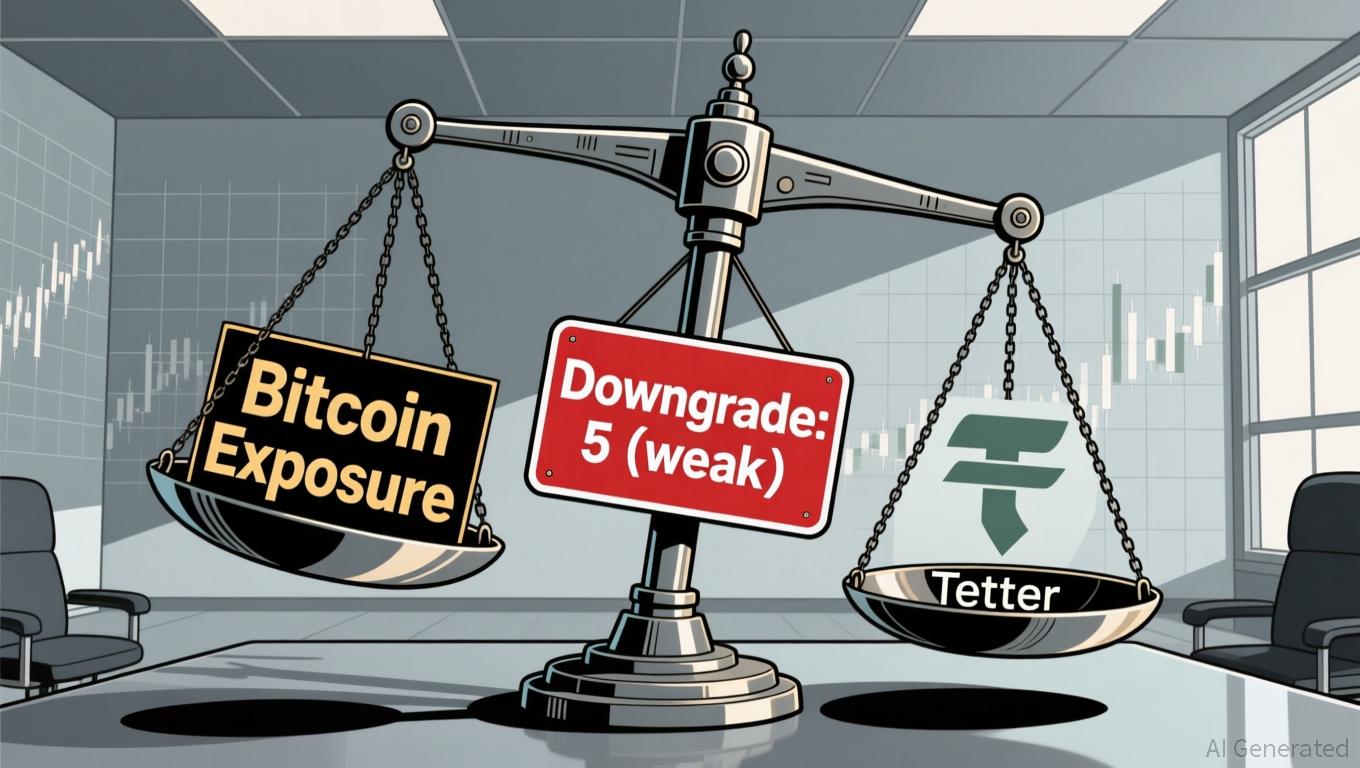- Many decentralized apps still use centralized infrastructure
- A distributed cloud offers compute, storage, and bandwidth without central control
- This shift can secure crypto’s core vision of decentralization
Cryptocurrencies and decentralized apps (dApps) promise freedom from central control. Yet, many still depend on centralized servers for hosting, data storage, and computing power. Services like AWS, Google Cloud, and others often host blockchain front-ends, wallets, and even nodes. This creates a paradox: a decentralized system sitting on top of centralized infrastructure.
This reliance poses risks. If one of these cloud giants goes down, or decides to block access, large parts of the crypto ecosystem could go dark. True decentralization can’t be achieved if the foundational infrastructure remains in the hands of a few powerful entities.
The Case for a Distributed Cloud in Crypto
The answer lies in a distributed cloud—a system where computing, storage, and bandwidth are provided by a network of independent nodes, owned and operated by the community.
Unlike traditional cloud services, a distributed cloud has no single point of failure. It uses underutilized computing resources spread across the globe, rewarding participants with tokens or fees. Projects like Filecoin (for storage), Akash Network (for computing), and Theta (for bandwidth) are pioneering this model.
By shifting to a distributed cloud, the crypto industry can ensure its infrastructure matches its philosophy—secure, resilient, and truly decentralized.
Building a Resilient Crypto Future
For crypto to fulfill its mission, it must extend decentralization beyond blockchains to the infrastructure supporting them. This includes web hosting, data storage, and backend processing.
As adoption grows and regulation tightens, relying on centralized services will only add vulnerability. Embracing distributed cloud networks is more than a technical upgrade—it’s a philosophical alignment with the values that gave birth to crypto in the first place.



